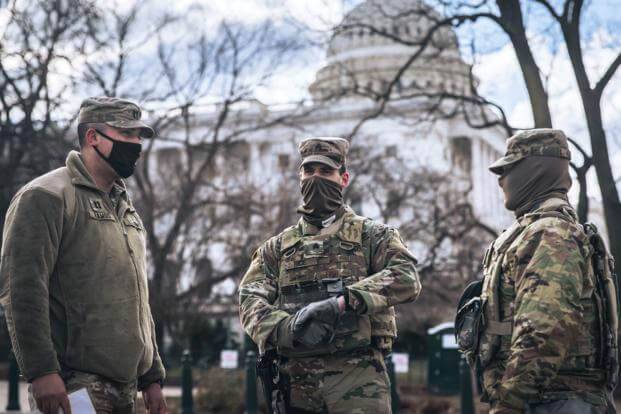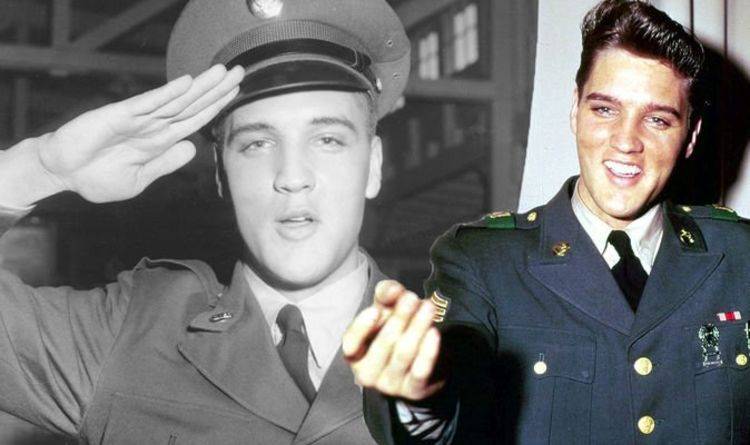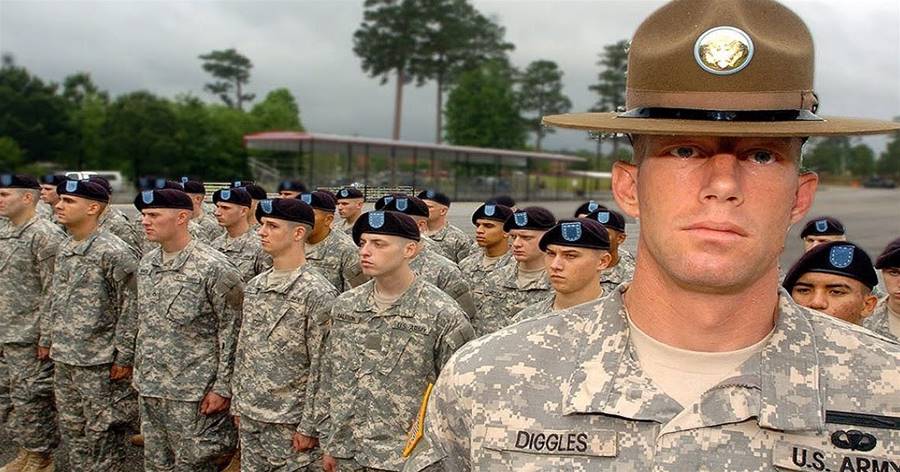
Last year was an for domestic deployments of the National Guard.
While Guardsmen were tasked all year with responding to state and federal emergencies, providing COVID-19 testing and vaccine support and augmenting law enforcement for civil unrest, perhaps their most visible mission has been providing security for the presidential inauguration.
Scenes of some of the 26,000 uniformed troops sleeping in the U.S. Capitol complex, guarding national monuments and blocking off usually busy downtown streets dominated news sites around the country and the world.
As the Biden administration enters its third week, the threat has passed and, along with it, the need for Guardsmen outside of the District of Columbia National Guard to monitor the situation.
The time has come for Guardsmen to return home and take up their state mission and civilian employment.
The mobilization of Guard members to protect the inauguration of President Joe Biden and Vice President Kamala Harris in Washington, D.C., on Jan. 20, 2021, demonstrates the flexibility required and the stresses placed upon the National Guard in recent years. The dual mission of the National Guard was especially tested in the run-up to the 59th presidential inauguration due to competing threats against both the U.S. Capitol and state capitols across the country.
Members of the National Guard from all
(Guam, Puerto Rico and the U.S. Virgin Islands) streamed into the nation's capital to join the District of Columbia National Guard in responding to threats against the presidential inauguration after the storming of the U.S. Capitol on Jan. 6. At the same time, members of the National Guard who had not been sent to Washington, D.C., were tasked with a similar mission: protecting state capitols and legislatures from .
Fortunately, the Biden-Harris inauguration encountered no security threats or incidents, and state capitals across the country experienced only . Leading up to Jan. 20, however, governors were
to balance competing security requirements: sending their state's guardsmen to Washington, D.C., while threats against the state capital necessitated a National Guard presence internally. Such a challenge is not unprecedented; historically, there have been several incidents of conflict between the National Guard's dual mission of state and federal support. During the early years of the Global War on Terror, the National Guard experienced its largest activation effort since World War II, leading to delays in readiness and lower numbers available for .
As state governments their National Guardsmen from D.
C. following the successful presidential inauguration, it is important to remember the stress placed on Guardsmen fulfilling their dual state and federal mission. In that vein, recent calls by elected officials such as , ask an important question: What is the role of the National Guard when federalized?
As demonstrated in the Jan. 6 insurrection, the National Guard cannot by itself be an emergency response force, as Guardsmen are not waiting in their home states to be called up immediately by the federal government to respond to a crisis several states away. The reality of Guardsmen who juggle part-time service with civilian employment makes immediate deployments unrealistic in most circumstances.
While the National Guard is extremely effective in its missions, it is ultimately not a law enforcement body under the restrictions and conditions of the . The responsibility for law enforcement in the District of Columbia falls under the jurisdiction of the D.C. Metropolitan Police, the Capitol Police when appropriate, and the District of Columbia National Guard when necessary.
National Guardsmen from around the country dealt with a long series of crises throughout 2020 -- from supporting health professionals with the ; to across major cities, including D.C., in June and July; to fighting wildfires in
and in August; to ; and now to itself in January 2021.
As the complexities of supporting thousands of out-of-state Guardsmen continue to make themselves known, and , Guardsmen would be put to better use by supporting their state mission and letting law enforcement monitor the nation's capital.
The events of 2020 have certainly affected the National Guard, and we must be careful not to stress the component so much that Guardsmen will find it difficult to respond to the next emergency.








